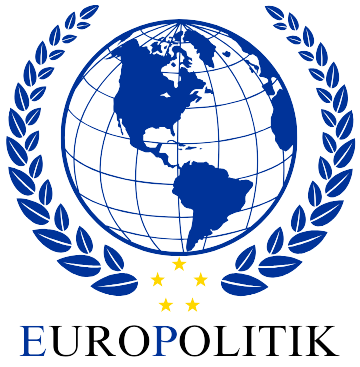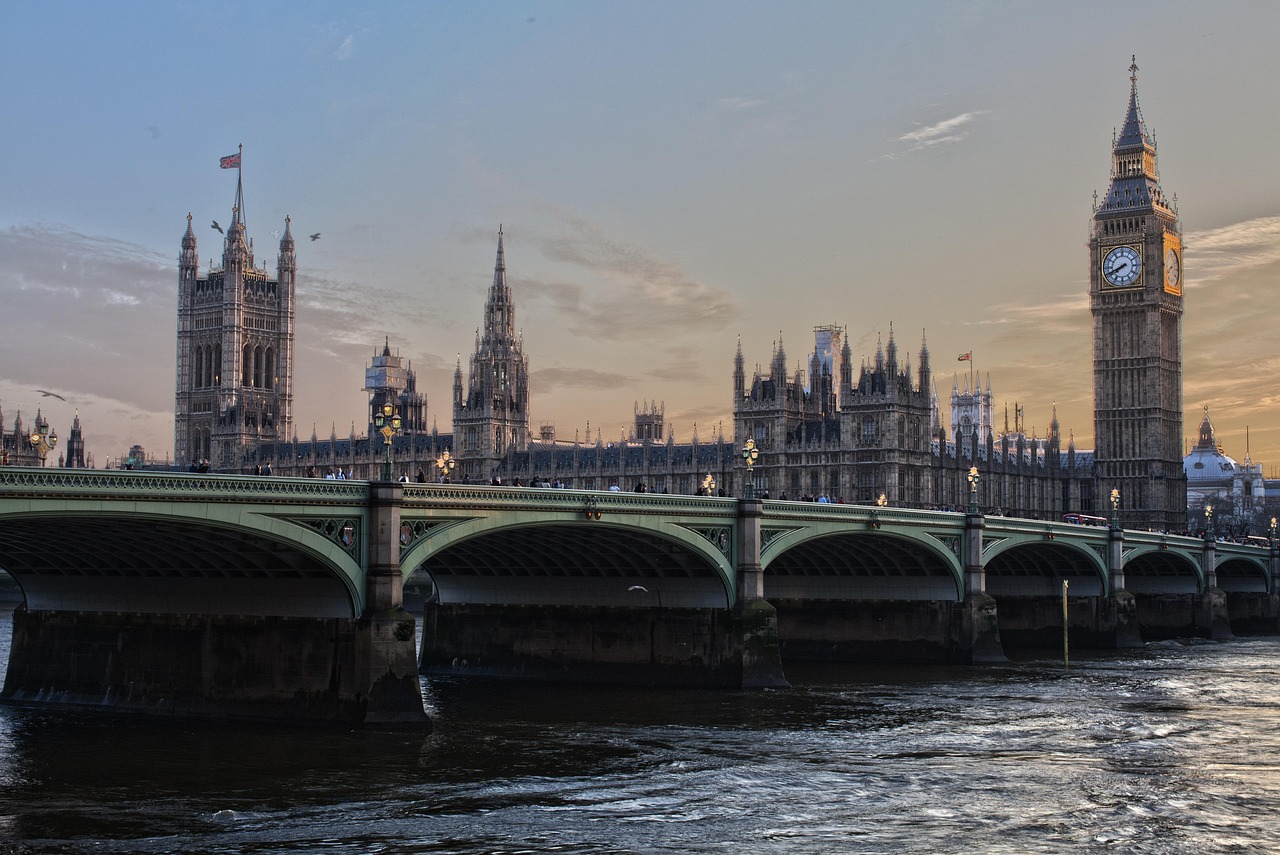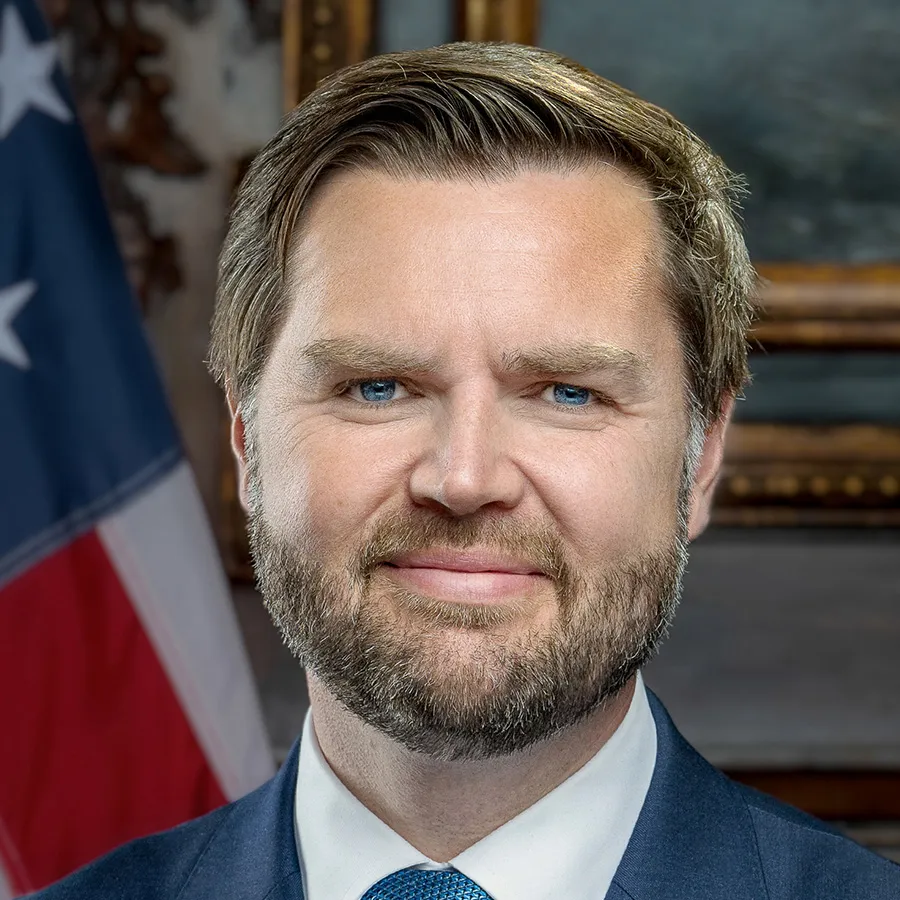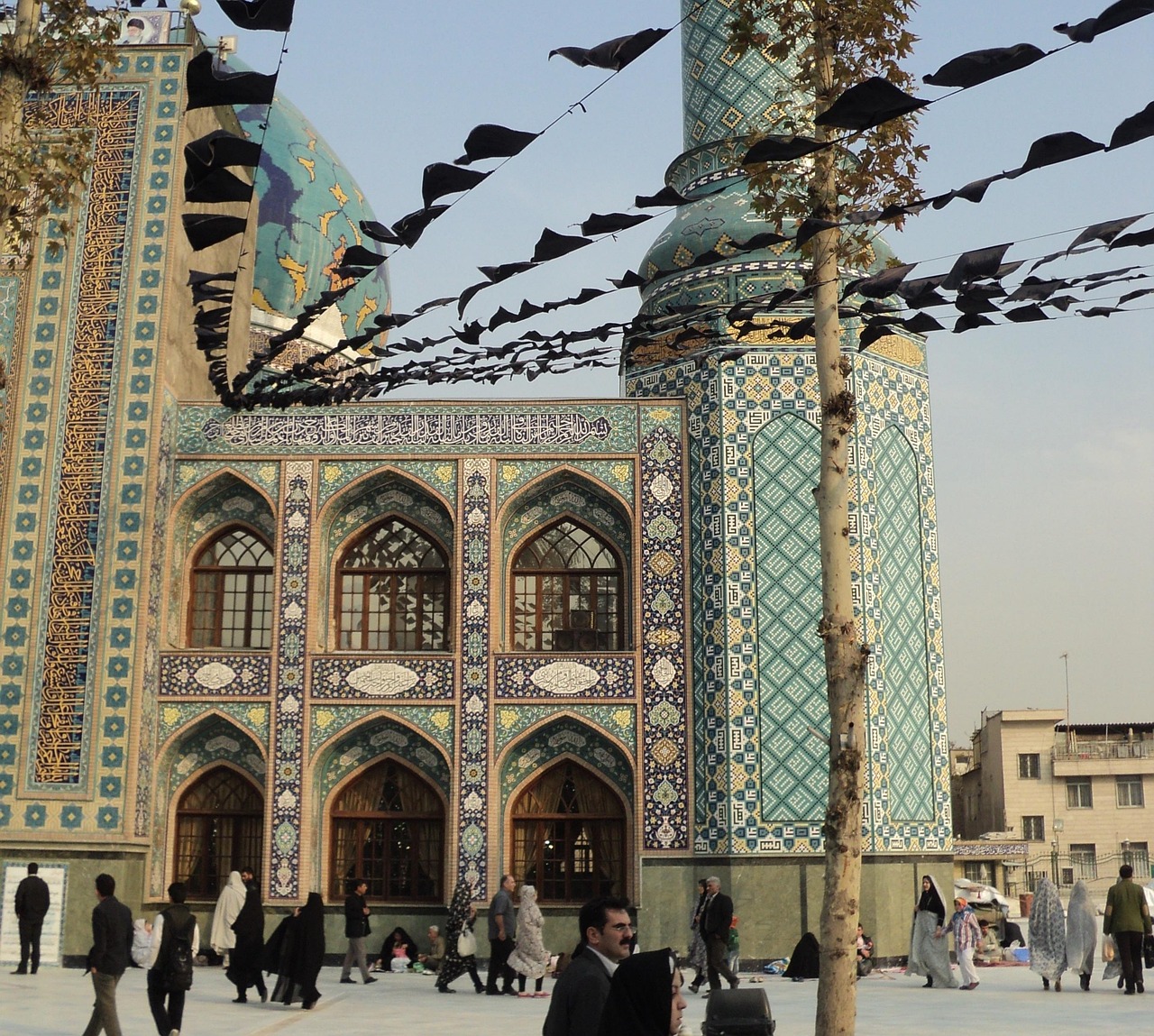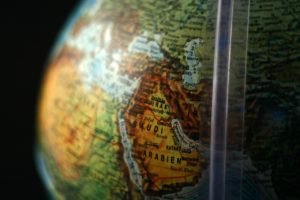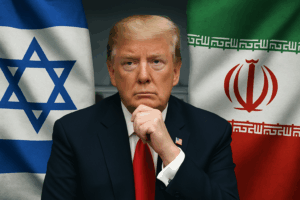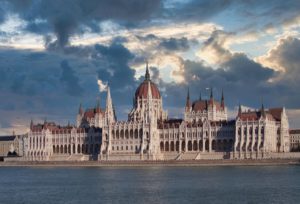Written by Alexander Seale
The first leader-level post-Brexit UK-EU summit will take place on Monday 19 May.
The British government has stated its desire to strengthen the ‘strategic alliance’ between the UK and the EU; to deepen relations on security, and to tear down barriers to trade.
Not all of this will be achieved naturally enough.
However, the meeting will mark a significant first step towards building on existing agreements, as well as a test of whether the two sides are committed to matching increasingly-warm words with real actions.
There will be areas to observe closely during the summit and the potential, and the impact they may come to have on the future of UK-EU relations.
The summit will be an opportunity to demonstrate a common stance in working together for peace and security in Europe.
There is a mutual desire to establish a newstrategic military partnership.
EU and UK leaders are expected to reaffirm their commitment to tackling strategic and geopolitical areas of conflict, so as to enhance cooperation on foreign and security policy.
They will discuss ways to strengthen bilateral engagement across various areas that were left in flux by Brexit.
Bizarrely enough, Starmer’s government has refused to allow in most European correspondents.
Indeed, it even rejected their accreditation to cover the Summit.
Journalist members of the Foreign Press Association, based in London, are astounded by this.
The FPA was established as far back as in 1888, in time to cover the Jack the Ripper murders, which caught the horrified attention of the entire Continent.
Today, the FPA organises press briefings and events at central locations in London. It coordinates with and facilitates the important work of international journalists who are based in London.
Members of the association cover major British news; current affairs; politics; culture and entertainment.
They report from London back to their respective international news outlets.
In fact, the FPA is the largest association of foreign correspondents in the world. It has 500+ full members, as well as 1800+ press-card holders. Together, these represent more than 1,000 media outlets from 70+ countries around the world.
The directors of the Foreign Press Association wrote a tough letter to the Prime Minister, so that he would reconsider the accreditation.
A few hours later, a few journalists were accredited, but the rest were refused once again!
Hardly a sensible way to get decent journalistic coverage for this important Summit.
If the UK government would like a reset with the EU, they should at least invite European and International correspondents to cover this leader-level meeting.
The UK and the EU share common interests. With few exceptions, they support Ukraine, and want to ensure that Russia fails militarily in its war of aggression against it.
They wish to continue their ambitious mutual action to tackle climate change; to simplify energy trade between them; to try to pull down trade barriers, so as to increase commercial links between them and other countries committed to free trade.
Both sides want to resolve international conflicts, so as to tackle irregular migration from the Middle East and Africa.
Yet both sides are struggling to respond decisively to the challenges they face.
Five years after a very costly Brexit, most in the EU prefer to ensure that the UK does not benefit from its desire for selective engagement with the ‘acquis communautaire’ – even though cooperation on this would be to the EU’s benefit also.
The triumph of Reform UK (the reincarnated Brexit Party) in UK local elections this May, is likely to increase the Labour government’s extreme caution about taking any steps that could be seen as being too pro-European. Reform UK’s rise also is having an impact on how the EU views the UK.
European leaders are reluctant to go for an extensive rapprochement with London, when in four years’ time, an aggressively eurosceptic government could well be sitting in Westminster.
Many people in the UK hope that, given the increasingly close co-operation on security and Ukraine; given the geopolitical context, the EU will become more open to the idea of revisiting the Trade and Co-operation Agreement (TCA), which governs the trading relationship between both sides.
When one puts this to senior officials in the Commission, or even to the French or German governments, the answer comes back as a a clear ‘No.’
Europeans are happy to work with the British on security matters, but don’t see any pressing need to make dramatic changes to the TCA.
To be fair, Keir Starmer’s government has not dared to ask for any such huge changes yet, for reasons both internal and external.
This is a missed economic opportunity, that Britain may well come to regret.
